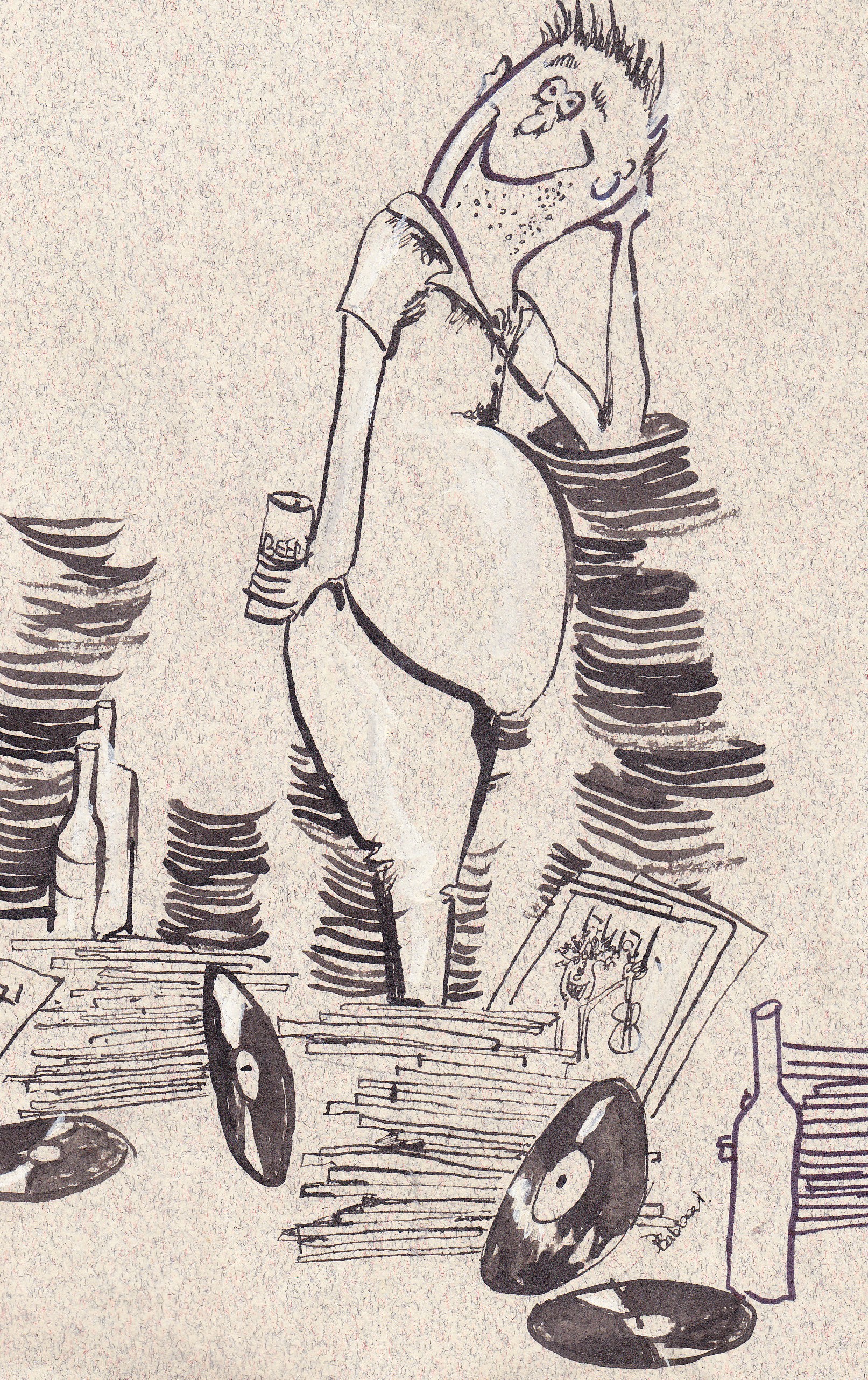The Beatles "Revolver" Album.
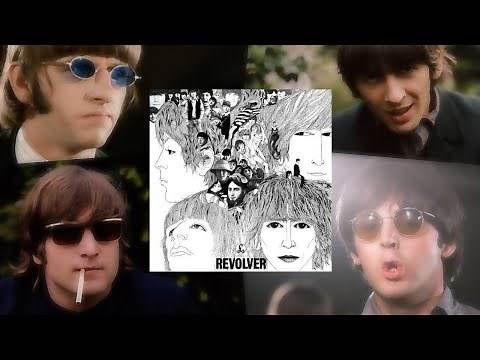
The Beatles Revolver Album. Less Touring, More Studio Time!
Is The Beatles "Revolver" album the most important album ever made? This is a question that has intrigued music enthusiasts and scholars for decades. Released on August 5, 1966, "Revolver" marked a significant turning point in the history of recorded music. This album is often credited with revolutionizing studio production techniques and influencing countless musicians and genres.
To fully understand the impact of "Revolver," we must delve into its conception and development. The Beatles had just finished their exhausting 1965 world tour and decided to take a three-month break before heading into the studio. This hiatus allowed them to recharge creatively and explore new influences, such as Indian music and a growing fascination with studio experimentation.
Again, George Martin at the Helm!
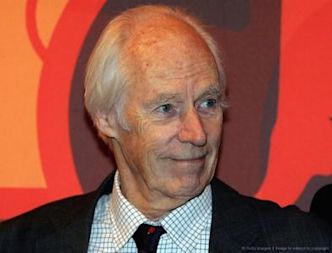
George Martin, The Beatles' renowned producer, played a pivotal role in how The Beatles "Revolver" album was recorded. Martin's innovative approach to sound engineering and his willingness to push the boundaries of conventional recording techniques helped The Beatles create a groundbreaking album. His role was not just as a producer but as a collaborator and mentor who helped translate The Beatles' innovative ideas into reality.
Georges Indian Experience Influences The Beatles Revolver Album
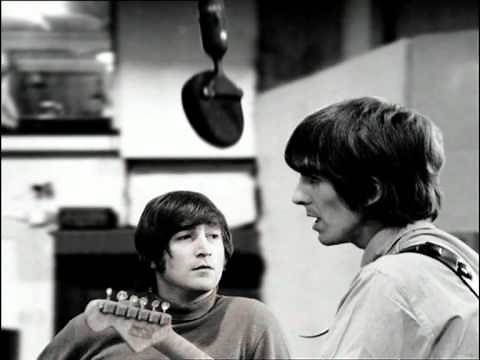
One of the key elements in the recording of "Revolver" was the use of the studio as an instrument itself. In particular, the album made extensive use of tape loops, backward recording, and variable tape speed, which were revolutionary at the time. This experimental approach to recording gave "Revolver" its distinctive sound that set it apart from anything that had come before.
A prime example of these techniques is the opening track "Taxman," where layered guitars and novel chord structures provide a template for many future rock recordings. It was in tracks like "Taxman" that The Beatles began to break the molds and pave new paths in rock music.
One cannot overlook the influence of Indian music on the album. George Harrison's fascination with the sitar and Indian philosophy is evident in songs like "Love You To" and "Tomorrow Never Knows." These tracks introduced Western audiences to new musical scales and instruments, expanding the horizons of popular music.
"Revolver" was also the beginning of The Beatles' exploration of psychedelia, which would later culminate in "Sgt. Pepper's Lonely Hearts Club Band." Songs like "She Said She Said" and "I'm Only Sleeping" were a departure from their previous sound, embracing new structures and abstract lyrical themes.
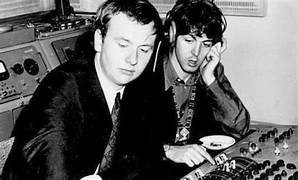
The album's use of advanced recording techniques honed the skills of The Beatles' sound engineer, Geoff Emerick. His work on "Revolver" included pioneering techniques like close miking Ringo Starr's drums to achieve a fuller, richer sound, which became a standard in future rock recordings.
When "Revolver" was released, it was met with critical acclaim, yet some listeners were taken aback by its experimental sounds. Over time, however, its significance was widely recognized, with many critics and musicians citing it as a primary influence on their work.
The influence "Revolver" had on the future of music cannot be overstated. Bands such as The Rolling Stones and The Beach Boys were directly inspired by The Beatles' willingness to experiment and innovate. "Revolver" set the stage for future concept albums and altered the trajectory of popular music.
The album's impact was not limited to rock; it also influenced emerging genres like psych-rock and the progressive rock movements of the 1970s. The innovations in studio techniques seen in "Revolver" set a new standard that every band aspired to match.
Beyond studio innovations, "Revolver" showcased the band's evolving songwriting prowess. The lyrical depth and complexity displayed a maturation that influenced the storytelling approach of many artists who followed.
Even the album cover for "Revolver," designed by Klaus Voormann, was a significant departure from traditional album art, symbolizing the new, avant-garde direction The Beatles were taking. It set a trend for innovative and daring album artworks.
"Revolver" also laid the groundwork for The Beatles' next major project, "Sgt. Pepper's Lonely Hearts Club Band." The confidence gained from the creative risks on "Revolver" inspired the band to further push the boundaries of what an album could be.
Fast forward to today, and "Revolver" remains a reference point for artists seeking to innovate within their recordings. Its blending of genres and use of the studio as an instrument continue to inspire modern musicians.
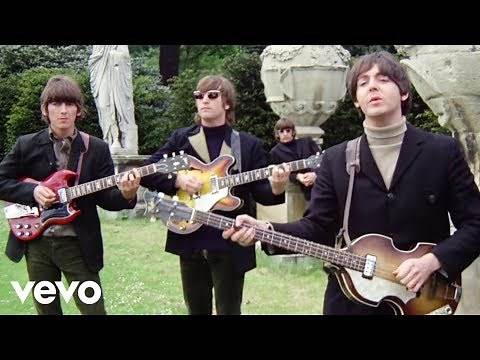
One cannot help but wonder: is "Revolver" the most important album ever made? While it's challenging to single out one album as the most important in the history of music, the argument for "Revolver" is compelling given its lasting influence and pioneering techniques.
"Revolver" was a catalyst for a new era in music where the lines between genres began to blur, and artists became more daring in their artistic expressions. This shift affected not only musicians but also producers, engineers, and everyone involved in the creation of music.
Many would argue that without "Revolver," the music landscape might look very different today. It was a bold move towards an era where experimentation was encouraged, leading to iconic albums like The Beach Boys' "Pet Sounds" and The Rolling Stones' "Their Satanic Majesties Request."
The album "Revolver" marked a step forward in record albums. It changed the face of future albums, leading to "Sgt Peppers" and beyond. John Lennon's lyrical introspection and Paul McCartney's melodic innovations were just starting to peak on "Revolver."
Notably, it's important to acknowledge the cultural timing of "Revolver"'s release. It arrived at the height of the cultural revolution of the 1960s, with its forward-thinking ideas dovetailing perfectly with the social changes of the times.
In conclusion, whether or not you believe "Revolver" is the most important album ever made, there's no denying its monumental impact on music history. Its innovations resonate through every corner of the industry, from indie bands to mainstream pop stars.
So next time you listen to "Revolver," ponder the bold steps The Beatles took, which prompted wide-ranging innovations in music creation and set new precedents for what an album could achieve artistically. In this light, claims of being the most important album ever made seem not only plausible but perhaps inevitable.
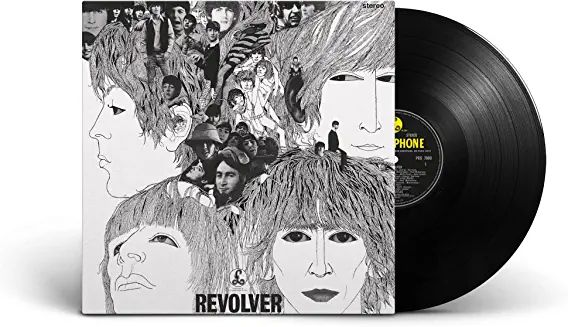
The Beatles "Revolver" Album
|
Side one No. Title 1. "Taxman" 2. "Eleanor Rigby" 3. "I'm Only Sleeping" 4. "Love You To" 5. "Here, There and Everywhere" 6. "Yellow Submarine" 7. "She Said She Said" |
Side two No. Title 1. "Good Day Sunshine" 2. "And Your Bird Can Sing" 3. "For No One" 4. "Doctor Robert" 5. "I Want to Tell You" 6. "Got to Get You into My Life" 7. "Tomorrow Never Knows" |
Enjoy this site? Share with friends!
